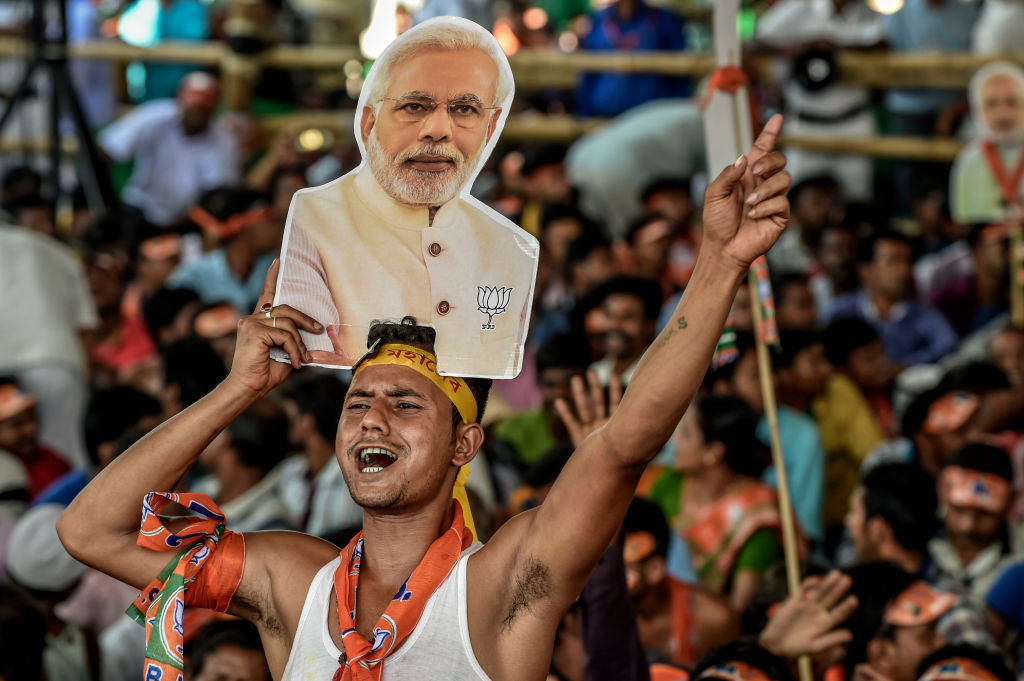
by Bhabani Shankar Nayak 3 February 2022
Public institutions have evolved in post-colonial India in response to crises created by colonial plunders. Public institutions led by the state and government were shaped by anti-colonial struggles in India. In spite of all its limitations, these institutions were designed to ensure and expand the democratic and citizenship rights of all Indians irrespective of their caste, class, gender, religion, and region. From planning commission to local development and revenue administration, health to education, food security to non-allied foreign policy, public institutions have played a major role in shaping the development trajectory of independent India. These institutions were mandated to develop and implement progressive ideals of public policies to face challenges and address the needs and desires of Indian citizens in the path of peace, progress, and prosperity.
Essence and emancipation were twin objectives assigned to the public institutions to govern Indian citizens under a democratic and secular constitution. The essence of human life in terms of quality education, health, housing and food security for a dignified human life was the immediate goal. The emancipation from the conditions of poverty, hunger, inequalities, discrimination, and blind beliefs were long-term objectives. The idea of essence and emancipation are interrelated. These ideals are the central anchoring points for the vitality and integrity of these public institutions working at the national, regional, and local levels. The practice of neoliberal economic policies started by the Congress Party has weakened the public institutions whereas the Hindutva forces have expanded and consolidated the neoliberal order by destroying the public institutions in India. The neoliberal Hindutva and its exclusionary and ubiquitous governing principles are not only destroying the public institutions but also federal, democratic, and constitutional values in India. The erosion of democratic and public institutions helps in the growth of authoritarian governance without accountability. It helps both Hindutva and capitalism to grow together as twins.
The Hindutva forces led by the BJP and shaped by the RSS and its affiliated organisations are restructuring India and Indian society to re-establish the privileges and interests of higher castes and capitalist classes. Such a catastrophic reorganisation is based on the dominance of Brahminical social order to facilitate the capitalist market into every sphere of Indian society, where citizens are going to be converted into customers. This transformation is central to establishing the dominance of capitalism in India by removing all institutional regulatory mechanisms and social constraints to this unethical alliance between Hindutva politics and capitalism. Both the Vajpayee government then and Modi government now are twin pillars in consolidating capitalism and the Brahminical Hindu social order in India.
During the Hindutva rule, it is corporate and crony capitalists who have gained super profit in a massive scale whereas the poor masses, rural workers, farmers, and small businesses have lost income in India. The decline in real income led to the fall of purchasing power of people across the country. The social and economic conditions have deteriorated on a massive scale. Hunger, homelessness, poverty, unemployment, and insecurities have accelerated on an unprecedented scale. The poorest of the poor are the biggest loser and gained nothing during the Modi-led Hindutva rule in India.
The timely political reversal of such a scenario is not only necessary but also imperative to the idea of India. It is time to reclaim the public institutions that work for people and not for the capitalist classes. Literally speaking, empower of public institutions and increasing public spending on education, health, agriculture, and food security is important to restore Indian confidence in their state. Hindutva’s mode of governance is no alternative. It has failed to deliver its promises to people but ensure the growth and consolidation of capitalism in India. It is time to reclaim the republic from Hindutva luteras and their cronies.
